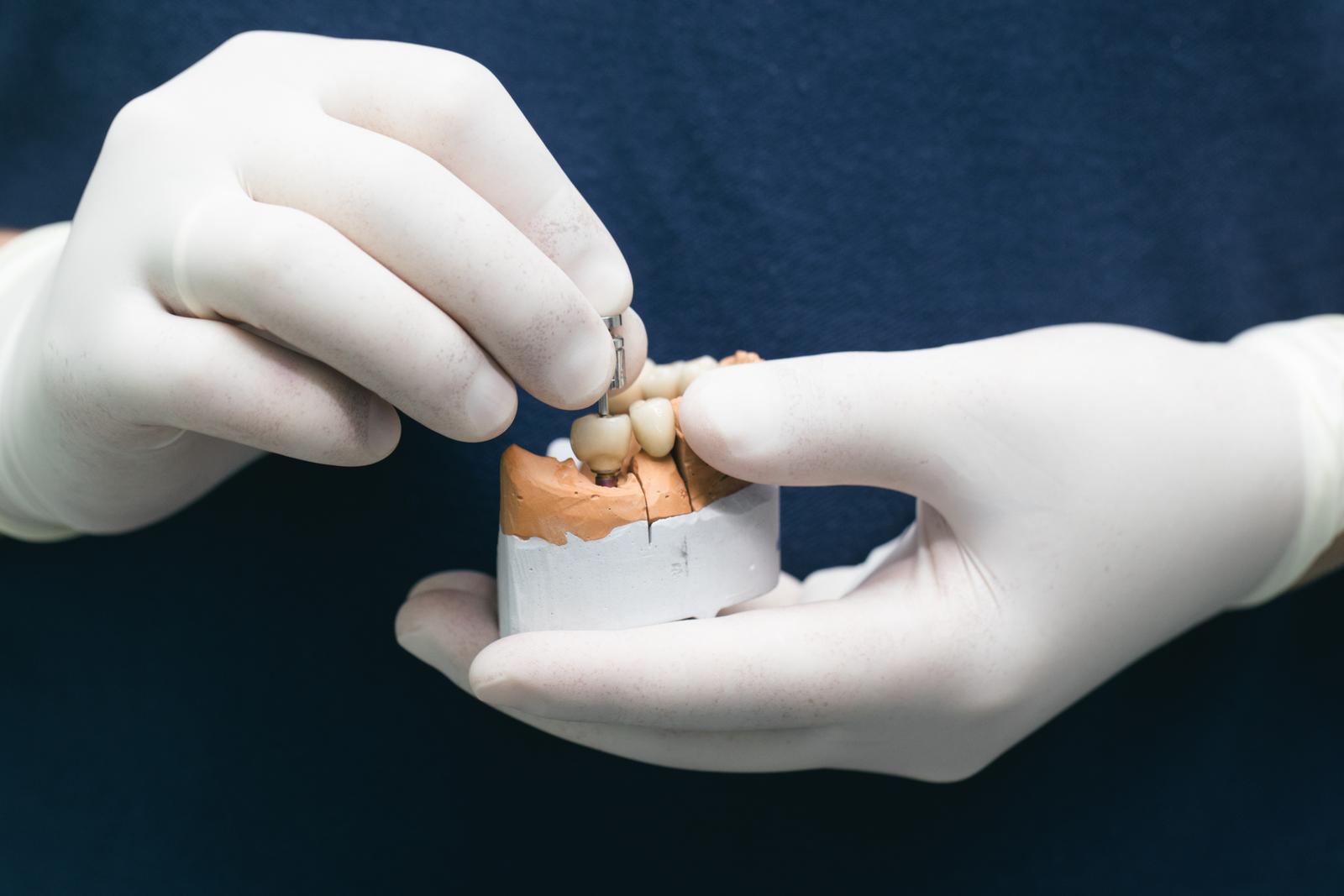Will I Need a Dental Crown After a Root Canal?

Placing a dental crown after a root canal fortifies the treated tooth and restores its appearance and functionality. Although it is not always necessary to place a dental crown after a root canal procedure, tooth reinforcement is always important. Continue reading to learn when the dentist will recommend a dental crown.
The root canal procedure
Root canal therapy is a tooth procedure where the dentist creates an access hole to the core of a tooth to get rid of an infection. An infection that has spread to the roots of a tooth is called pulpitis. It often occurs when tooth decay is not treated in time. Sudden dental trauma can also damage a tooth the tooth pulp. Tooth infection is usually painful, and the procedure is necessary to stop the infection and alleviate pain.
Is a dental crown required?
The dentist will place a dental crown over a tooth to prolong the lifespan of the tooth. According to a study published by The Journal of Prosthetic Dentistry, the chances of survival for a tooth treated with a dental crown is higher. Another study shows that only one-third of molars survive up to five years without a crown. The following are vital reasons why the dentist might recommend getting dental crowns after a root canal:
Restore a fragile tooth: after cleaning out the tooth's pulp and nerves, the tooth will be hollow. Cavities, infection and tooth drilling all compromise the tooth’s structure and make it more fragile. A dental crown can help protect the tooth to prevent further damage and make it more durable.
Prevent tooth sensitivity: after root canal therapy, whatever nerves remain may become extra sensitive to heat and cold, which may be somewhat uncomfortable.
Restore natural appearance: some teeth may change color after getting treated. If the tooth looks gray or severely stained, a dental crown can be placed to restore the tooth’s natural appearance by matching it with the color of existing teeth.
Prevent future infections: a previously treated tooth is still at the risk of infection and contamination. The crown can seal off the tooth to prevent further exposure to bacterial infections or recontamination that might necessitate an extraction.
Provide reinforcement: if a tooth has previously been filled due to severe decay and gets chipped or fractured before the root canal procedure, it will be restored with a crown. This is particularly necessary for teeth that need to withstand high chewing forces, such as the molars.
Keep in mind
The surest way to be sure if one might need a dental crown after a root canal is to consider the location of the affected tooth in the mouth. Crowns are generally required for molars and premolars. Front teeth, including the canines and incisors, may not need a crown. The dentist will decide if one is needed after the procedure.
In conclusion
The dental crown used on a tooth after a root canal will be customized to match the remaining teeth. If you have additional questions, you can always meet with the general dentist for a consultation.
Request an appointment here: https://www.stgeorgedentalcare.com or call St. George Dental Care at (435) 628-9099 for an appointment in our St George office.
Check out what others are saying about our services on Yelp: Read our Yelp reviews.
Recent Posts
Have you ever wondered why you seem to have more dental problems than others despite brushing and flossing regularly? It could be your genes. While good oral hygiene is essential, genetics play a significant role in determining your dental health. This St. George Dental Care blog aims to demystify the influence of bad teeth genetics…
Dental crowns can be a lifesaver for your teeth, offering strength and restoring function. But what if they don't fit correctly? At St. George Dental Care, we empower our patients with essential information for maintaining their oral health. Today, we're discussing the symptoms of poorly fitting crowns and why they should never be ignored. Recognizing…
When fighting off an illness, tooth pain is the last thing you want to deal with. Yet, many people find that when battling a cold, flu, or other illness, their teeth start to ache, adding another layer of discomfort to their suffering. This phenomenon is more common than you might think, and understanding why it…
Toothbrushes are an essential tool in our daily routines, yet we often take them for granted. Have you ever wondered when was toothbrush invented and how it has evolved over the centuries? At St. George Dental Care, we find ourselves curious about the history of dental care and how it has shaped our modern practices.…


